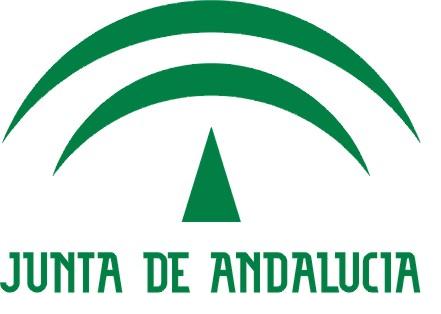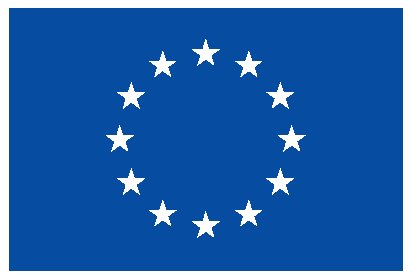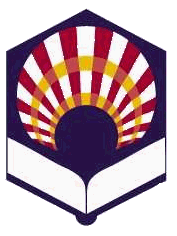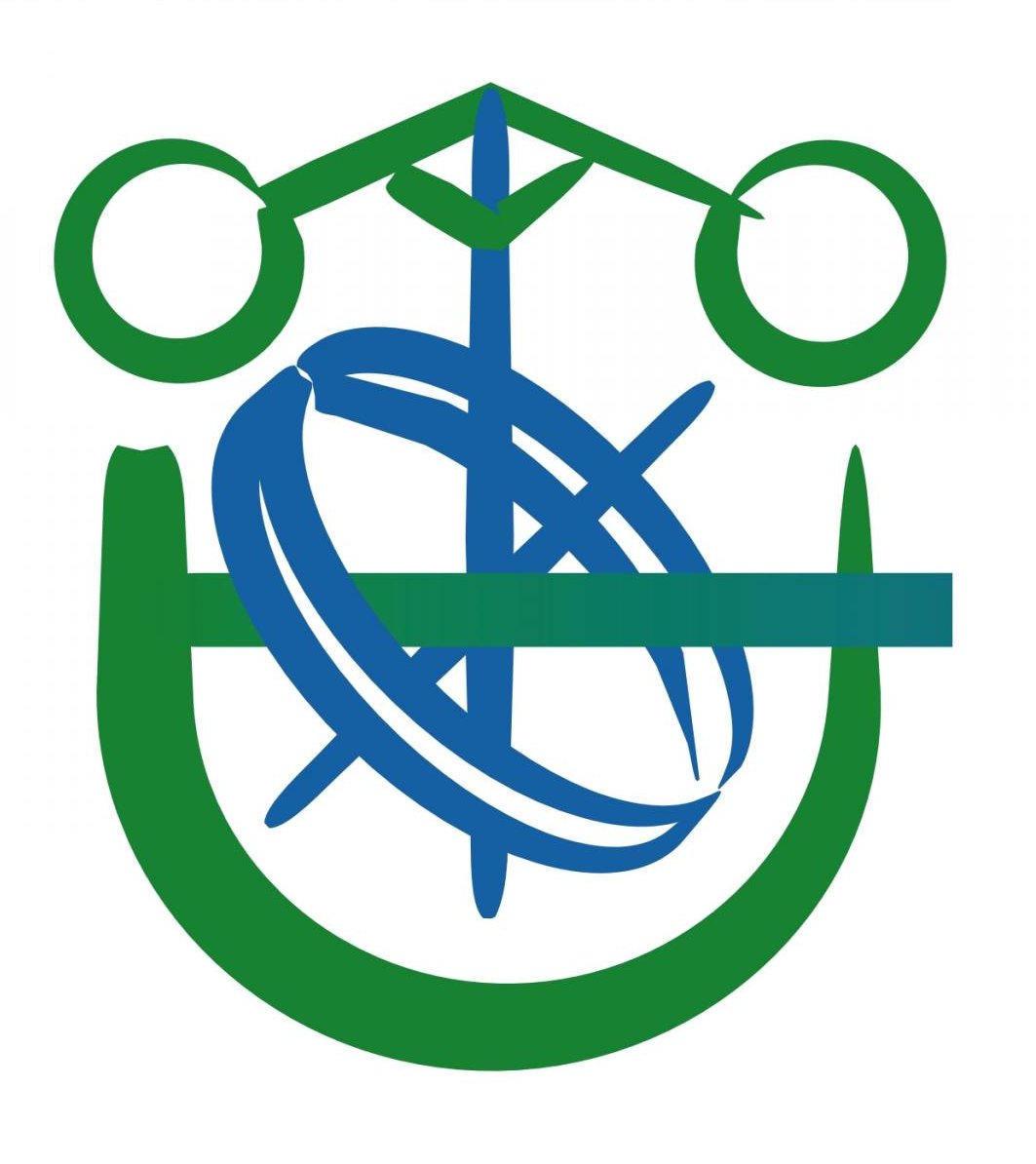O-Hydra: A Hybrid Convolutional and Dictionary-Based Approach to Time Series Ordinal Classification
Hits: 846
- Áreas de investigación:
- Sin categoría
- Año:
- 2024
- Tipo de publicación:
- Artículo en conferencia
- Palabras clave:
- Time series classification, dictionary based, convolution based, ordinal classification
- Autores:
- Volumen:
- 14640
- Título del libro:
- Advances in Artificial Intelligence
- Páginas:
- 50–60
- Organización:
- CAEPIA
- Mes:
- Junio
- ISSN:
- 1611-3349
- BibTex:
- Abstract:
- Time Series Ordinal Classification (TSOC) is a yet unexplored field with a substantial projection in following years given its applicability to numerous real-world problems and the possibility to obtain more consistent prediction than nominal Time Series Classification (TSC). Specifically, TSOC involves time series data along with an ordinal categorical output. That is, there is a natural order relationship among the labels associated with the time series. TSOC is a subfield of nominal TSC, with the main distinction being that TSOC exploits the ordinality of the labels to boost the performance. Two categories within the TSC taxonomy are dictionary-based and convolution-based methodologies, each representing competing approaches presented in the literature. In this study, we adapt the Hybrid Dictionary-Rocket Architecture (Hydra) approach, which incorporates elements from the two previous categories, to TSOC, resulting in O-Hydra. For the experiments, we have included a collection of 21 ordinal problems sourced from two well-known archives. O-Hydra has been benchmarked against its nominal counterpart, Hydra, as well as against two state-of-the-art approaches in the two previous categories, TDE and ROCKET, including their ordinal counterparts, O-TDE and O-ROCKET, respectively. The results achieved by the ordinal versions significantly outperformed those of current nominal TSC techniques. This underscores the significance of incorporating the label ordering when addressing such problems.







